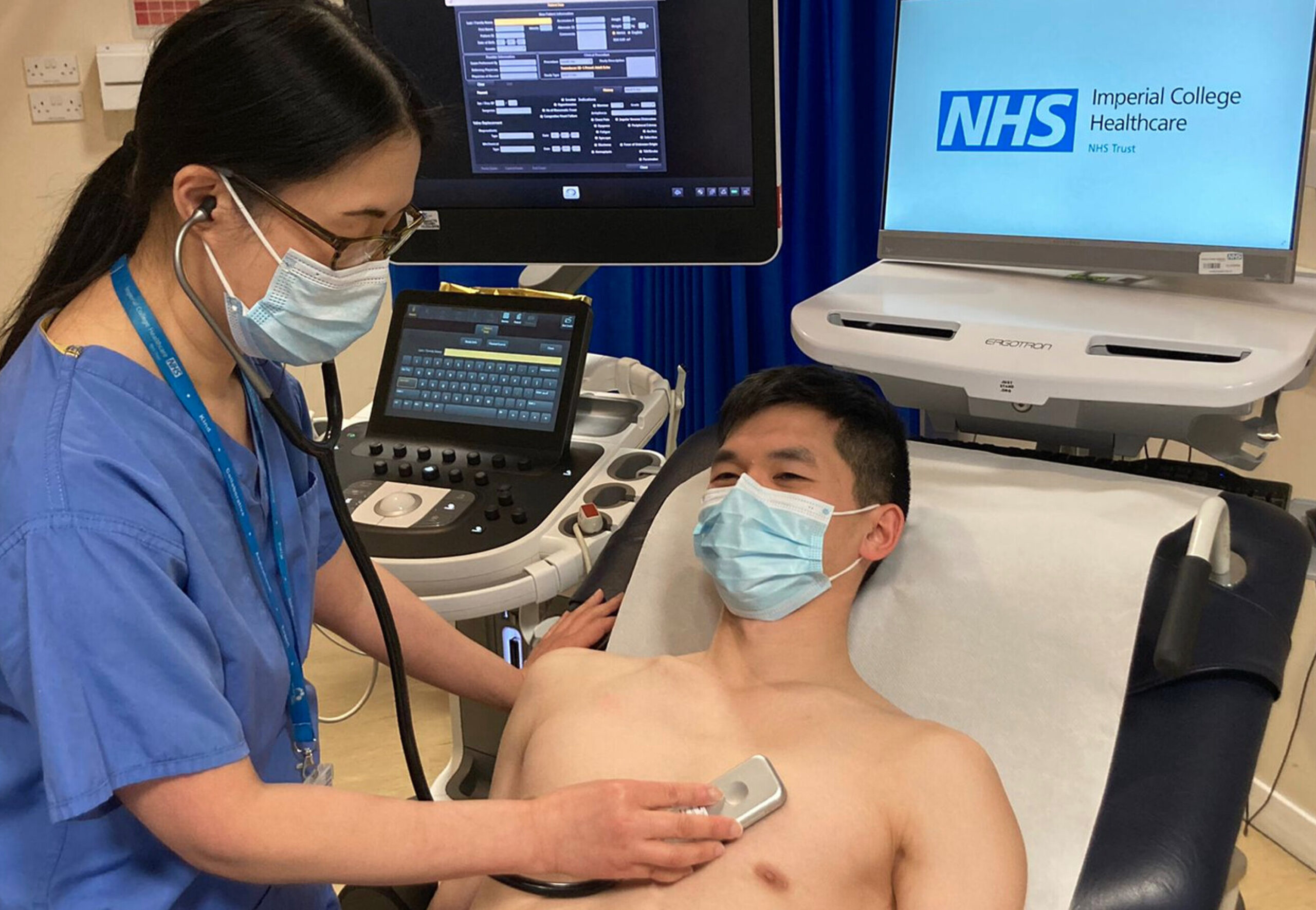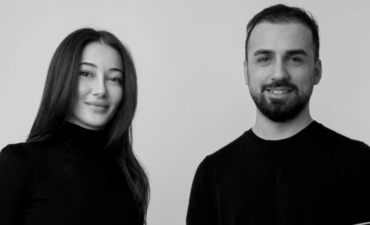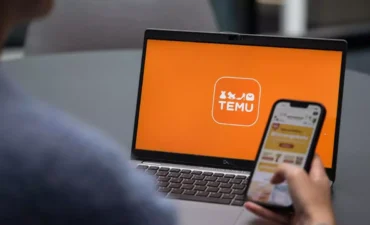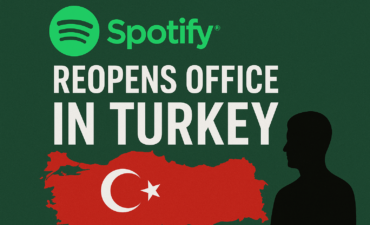This week’s are about tech, AI and sustainability, coming from France, UK and USA
1-OpenAI to sponsor feature-length animated film with AI
OpenAI is partnering with production companies in London and Los Angeles to make a feature-length animated movie that will lean heavily on AI, raising both excitement and concern in Hollywood.
I saw this atory at Wall Street Journal and the film, titled Critterz, follows a group of forest creatures on an adventure and is based on an idea developed three years ago by OpenAI creative specialist Chad Nelson. Nelson released a short film of the same name in 2023 with OpenAI backing.
The project aims to cut production costs and time. Producers say they expect to reduce the timeline for Nelson’s vision from three years to nine months. The budget is under $30 million — a fraction of what major animated features typically cost, according to the story. (By the way I a story here, which is about the movie A Space Odyssey)
The project is expected to draw comparisons to the early days of computer-generated animation in the 1990s, when Pixar, backed by Apple co-founder Steve Jobs, reshaped the industry with hits such as Toy Story and Monsters Inc. Whether AI will usher in a similar revolution remains unclear, the story claimed.
OpenAI and its partners say humans will remain part of the process. Voice actors will perform the characters, and artists will provide sketches to guide the AI tools. Still, experts warn the technology could threaten jobs in animation as generative AI becomes more advanced, the story noted.
Let me note that OpenAI faces scrutiny over its use of copyrighted content in training AI models. Just last week, rival AI company Anthropic agreed to a $1.5 billion settlement after it was accused of using pirated books to train its systems.

OpenAI to sponsor feature-length animated film with AI (Image: OpenAI)
2-AI stethoscope may spot serious heart conditions within seconds
AI-powered stethoscopes could help doctors identify three major heart problems within seconds, researchers suggest.
I saw this story at BBC and the traditional stethoscope, created in 1816, allows physicians to listen to internal body sounds. Now, a British research team has tested a modern AI-based version that can rapidly detect heart failure, valve disease, and irregular rhythms. They describe the tool as potentially “transformational,” enabling faster treatment, with plans to expand its use across the UK following a trial involving 205 GP practices in west and north-west London, according to the story.
Instead of a classic chest piece, the updated device—about the size of a playing card—uses a microphone to capture faint changes in heartbeat and blood flow that the human ear misses, per the story. It also performs an ECG, recording the heart’s electrical activity, and uploads the data to the cloud, where AI trained on tens of thousands of patient records provides analysis.
The study, run by Imperial College London and Imperial College Healthcare NHS Trust, examined more than 12,000 patients across 96 surgeries using AI stethoscopes developed by US-based Eko Health. Results were compared with over 100 surgeries that did not use the technology, the story noted.
Findings showed that patients with heart failure were more than twice as likely to be diagnosed within a year when examined with the AI device. Detection rates were even higher for silent abnormal rhythms—linked to greater stroke risk—and for heart valve disease.
The research was presented at the European Society of Cardiology’s annual congress in Madrid, the world’s largest cardiology conference. Next steps include rolling out the AI stethoscopes to practices in south London, Sussex and Wales, as the story put it.
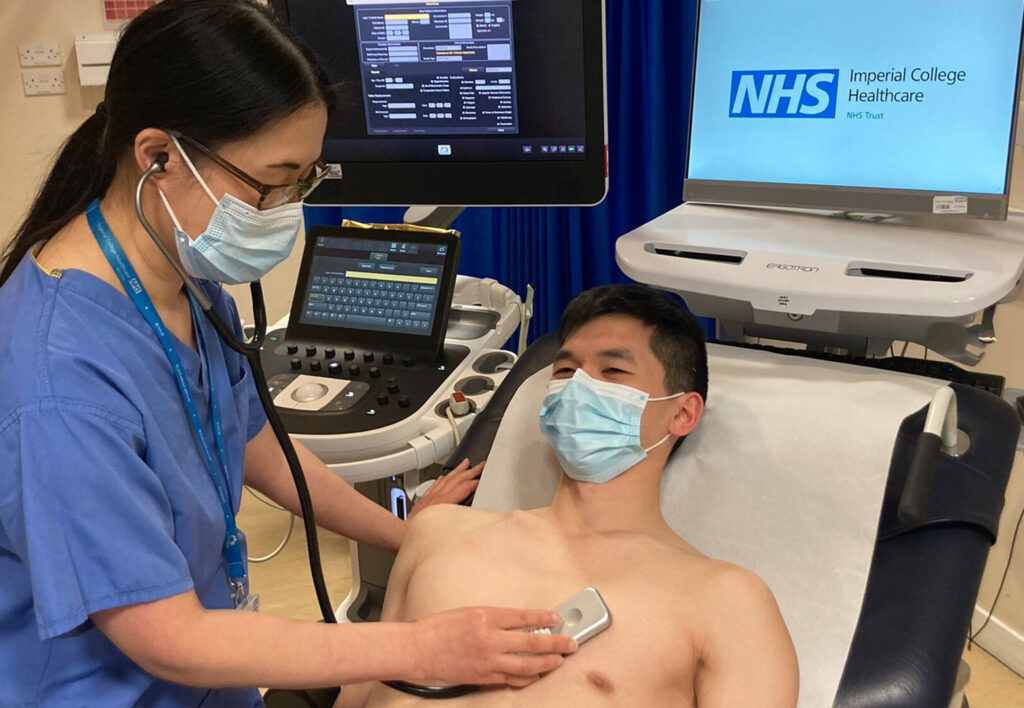
3-French publishers share AI licensing revenue with journalists
French news publishers are setting a new precedent by giving journalists a direct share of revenue from licensing deals with AI companies — a model that U.S. reporters say feels distant, if not impossible.
I read this story at Niemen Lab and in June 2024, Le Monde struck an agreement with unions to redistribute 25% of the newspaper’s earnings from licensing deals with companies such as OpenAI and Perplexity, with no cap, according the story. The deal followed similar arrangements at other French outlets, where journalists receive either annual lump sums or a percentage of revenue tied to neighboring rights — a legal framework in Europe that entitles professional journalists to a “fair share” of such earnings.
Agence France-Presse was the first major publisher to reach such a deal in 2022, granting staff €275 annually from social media and search engine licensing. As AI deals emerged, unions successfully argued the same rights should apply, the story noted.
“Le Monde set a new standard,” said media consultant Emmanuel Parody, noting that publishers initially wanted to cap payments or limit shares to 10%. “Now the reality of the market is between 20% and 30%.”
The legal foundation for these arrangements dates back to a 2019 European Union directive, which introduced “neighboring rights” for publishers to rebalance negotiations with platforms like Google and Facebook. France was the first to implement the law, requiring compensation when tech companies profit from journalistic content. Regulators later fined Google €500 million for failing to negotiate in good faith, spurring broader deals with publishers, the story added.

French publishers share AI licensing revenue with journalists

